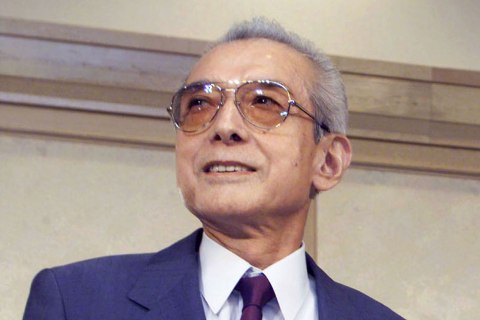Q: Several software houses have undertaken a multi-platform strategy - signing agreements with Nintendo and others to become licensees for several different game systems. Do you think this will have a rejuvenating effect on the industry?
Y: Well, let's say that we make a game called X and we port it to game systems from Company A, Company B and Company C. Then it doesn't matter if a user bought A's, B's or C's system, he'll be able to play game X on his own console. There's no difference between any of the game systems in this case.
Now I certainly understand the reasoning behind a multi-platform strategy. As I said before, development costs have spiralled upward, and it's become difficult to guage how well something will sell in the marketplace. They want to cut their risks and be able to sell that many more copies of a single title, so they decide to just release it on everything. I can understand that.
However, if this becomes the norm, then it'll have a dire effect on the marketplace. If users can play the same game on every single system out there, then there'll be no reason to buy one system over the other. It'll be just like buying a TV; no matter which one you buy you'll still have all the same channels. In the game business, software is our lifeblood. If that software becomes the same everywhere then there'll be zero difference between companies. The marketplace will just turn into a giant hardware war.
Now, you'll agree with me that TV sets are a fairly indispensible part of life these days. More people have them then don't. Washing machines and refrigerators are the same way. People have to buy them no matter what, so dealers end up relying on added extra features and advertising to compete in the marketplace. On the other hand, game machines are far from indispensible. If the software was the same no matter which system you buy, then the only point we'd be able to sell on is price. This industry is based on producing fun, innovative games, but if that goes away then we're all done for. That's why, even though I understand where software houses are coming from, I think ultimately it could break apart the industry.
Q: That's why you continue to produce games only for your own systems, including the upcoming Gamecube.
Y: Yes. Nintendo's business is to make games that can only be played on Nintendo systems. Nintendo's games only run on Nintendo's consoles, and no one else's. Our aim is to get people to think Nintendo's games are the greatest, the best in the world.
We're devoting all of our effort to that right now, and we'll be able to show our efforts to the world this year. We'll see how it turns out after the Christmas season, or about ten or eleven months from now.
(Hiroshi Yamauchi, 2001)








